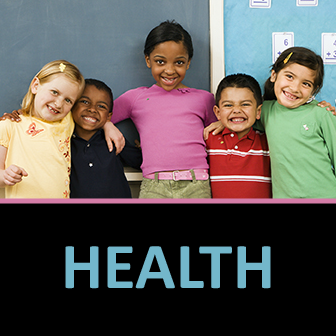
Whole School, Whole Community, Whole Child
WSCC model provides the infrastructure schools can use to engage students, families, staff, and the community-at-large to improve the cognitive, physical, social, and emotional development of every child.
Settings Menu
Page 1 of 1
21st Century Community Learning Centers
Supporting community learning centers through professional development, training and networking opportunities for schools, community based organizations and after school programs, these programs provide academic enrichment opportunities during non-school hours for children, as well as literacy and other educational services to the families of participating children.
Afterschool programs provide academic enrichment (such as hands-on science or technology programs) and activities to support student learning and development.
Commissioner's Roundtable for Family and Community Engagement in Education
The purpose of the Commissioner's Roundtable for Family and Community Engagement in Education (Commissioner's Roundtable) is to advise the Commissioner of Education regarding policy and programmatic priorities to improve outcomes for all students and advance the State Board of Education's comprehensive plan for equity and excellence in Connecticut schools.
Educational Opportunities for Military Families
Military families, like all families, want the highest quality education for their children, especially during times of relocation and deployment. Connecticut belongs to the Interstate Compact on Educational Opportunities for Military Children (the Compact).
The Connecticut Family Resource Center concept promotes comprehensive, integrated, community-based systems of family support and child development services located in public school buildings.
The federal McKinney-Vento Homeless Assistance Act requires all school districts to ensure access to public education for children and youth experiencing homelessness and ensure success in school once enrolled.
School Governance Councils provide an opportunity for Connecticut schools to engage with families and community members in the essential dialogue about student achievement and preparing all students for success.
School-Family-Community Partnerships
When schools, families and the community work together, children benefit. School staff, families and community members each make important contributions to student development and success, and the best results come when all three work together as equal partners.
Social-Emotional Learning (SEL)
Connecticut's statewide SEL initiative and resources
A Young Parents Program (YPP) provides day care services for the infants/toddlers of students who are enrolled in and attending a comprehensive high school program leading to graduation from high school.
Local communities began to develop youth service bureaus in the 1960's as a response to a growing number of issues affecting youth. The role of Youth Service Bureaus (YSBs) has been broadened to include both advocacy and coordination of a comprehensive service delivery system for youth.